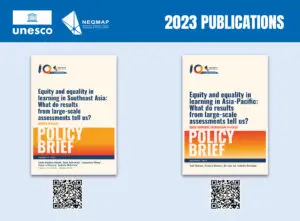On September 23, 2015, the Ministry of Education in South Korea adopted the National Guidelines of the 2015 Revised National Curriculum. The new national curriculum will be fully implemented by the year 2020, and the key objective of the new curriculum is to cultivate a ‘creative and integrative learner.’ While South Korea’s previous education system had been more focused on delivering of standardized knowledge and rote learning, the new vision seeks to promote flexibility and creativity on how the students address the new challenges of the 21st century.
Integrative and convergence education is promoted through the adoption of the new curriculum. The previous curricular in South Korea had categorized its students into two tracks: science-focused track and liberal arts-focused track, but the new curricula are now seeking to integrate these two tracks so that the students can incorporate learnings from both areas. This idea emerged from understanding and perspective that a sole focus on a single subject may hinder students’ capacity in creative thinking. Integrative education encourages a mixed use of similar subject areas when introducing or explaining, for instance, a certain phenomenon, so that the students will be able to apply their knowledge from diverse areas. Then convergence education takes a step further by adopting scientific ideas into social science subject areas or vice-versa.
Moreover, along with the idea that the new education system should be moved from knowledge based learning to competency based learning, the six key competencies were defined as the core skills for Korean students in the new curriculum. These include “self-management,” “knowledge and information processing,” “creative thinking,” “aesthetic sensibility,” “communication skills,” and “civic competency.” These key competencies act as fundamental guidelines for the teachers in both teaching and student assessments.
1. Education Vision for the Future Curriculum, Instruction and Evaluation in South Korea
Furthermore, the new curriculum emphasized the importance of “Happy Education” to address the growing concerns for students’ well-being in South Korea. A new policy known as the ‘Free Semester’ has been implemented in 2017, where there is no paper-pencil test or summative assessment for the whole semester. Also, various new teaching and learning methods for more interactive classrooms and students’ participation-oriented classes have been introduced.
Following the development of the new curriculum, the Korea Institute for Curriculum and Evaluation (KICE), a government-funded research institute with expertise on primary and secondary education, conducted a series of studies in 2016 with the aim of finding out how the new policy could be successfully implemented. Among the many studies conducted in this context, three reports have been revised and translated into English in 2017. The first study explored and reviewed the key trends for predicting the changes in the Korean society, and what kind of challenges could be expected in the education sector. The second study examined how classroom teaching should be transformed so that creativity and convergence could be nurtured for meeting the requirements of the future society. The third study looked into how the concept of “creatively integrated talent” could be developed at primary, lower-secondary, and upper-secondary level. The details of each study are as follows:
This study was conducted with an idea that we need to have a new long-term roadmap for our educational policy strategies. Through literature reviews, focus group interviews, Delphi survey, and symposiums, this study has predicted that (a) demographic changes, (b) exponential growth of information, (c) evolving sophistication of science and technology, (d) changes in economic and social structure, (e) sustainable development, and (f) various life style and perspectives will be the key factors for the future Korean society. Furthermore, this study concluded that the education in the future will evolve around emphasis on digital literacy, promotion of integrated curriculum, reinforcement of character/moral education, and personalized learning.
2. Support Plans for Teaching Innovation to Raise Talents with Creativity-Convergence
As the new curriculum emphasizes that students could be more creative by learning from a convergence of diverse subjects, this study examined the concepts of talents with creativity-convergence and teaching innovation. This study deduced twelve elements that can be utilized as standards for an analysis on teaching innovation. These elements can be grouped in four categories of (a) attitudes towards learning, (b) shift of thinking, (c) internal motivation, and (d) cognitive training. Also, this study suggested six methods for supporting the teaching and learning environment for promotion of creativity-convergence, such as “promotion of class-sharing communities,” and “development and disseminations of videos on best practices.”
3. Issues and Implementation of the 2015 Revised Curriculum
This study examined how the concept of “creatively integrated talent” could be implemented as different types of competencies at school level. At the elementary level, the study suggested that the teaching burden should be lessened and more importance should be put on experiential safety education. At the middle-school level, the study recommended that the “Free Semester” policy should be strengthened through improvement of possible activities such as career exploration, arts & physical activities, and club activities. Also, in general, the study concluded that supporting in-service teacher training program is crucial to achieve the new educational goals in South Korea.
The transition from the “knowledge-based learning” to the “competency based learning” system is not an easy task, requiring efforts at national level, district level, and most importantly, school level. However, South Korea is undergoing such transformation with a belief that this transition will be the key in preparing students for the challenges of the 21st century, and KICE is aiming to contribute to this change through its continuous research and analytical works.
Written by:
Jimin Cho, Vice President, Korea Institute for Curriculum and Evaluation (KICE)
Jin Huh, Korea Institute for Curriculum and Evaluation (KICE)
For more information, please contact:
Jimin Cho [chojimin@kice.re.kr], Jin Huh [global@kice.re.kr]






